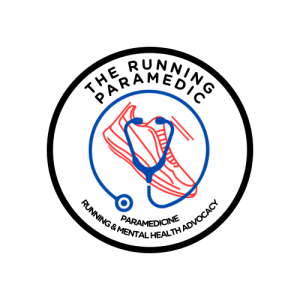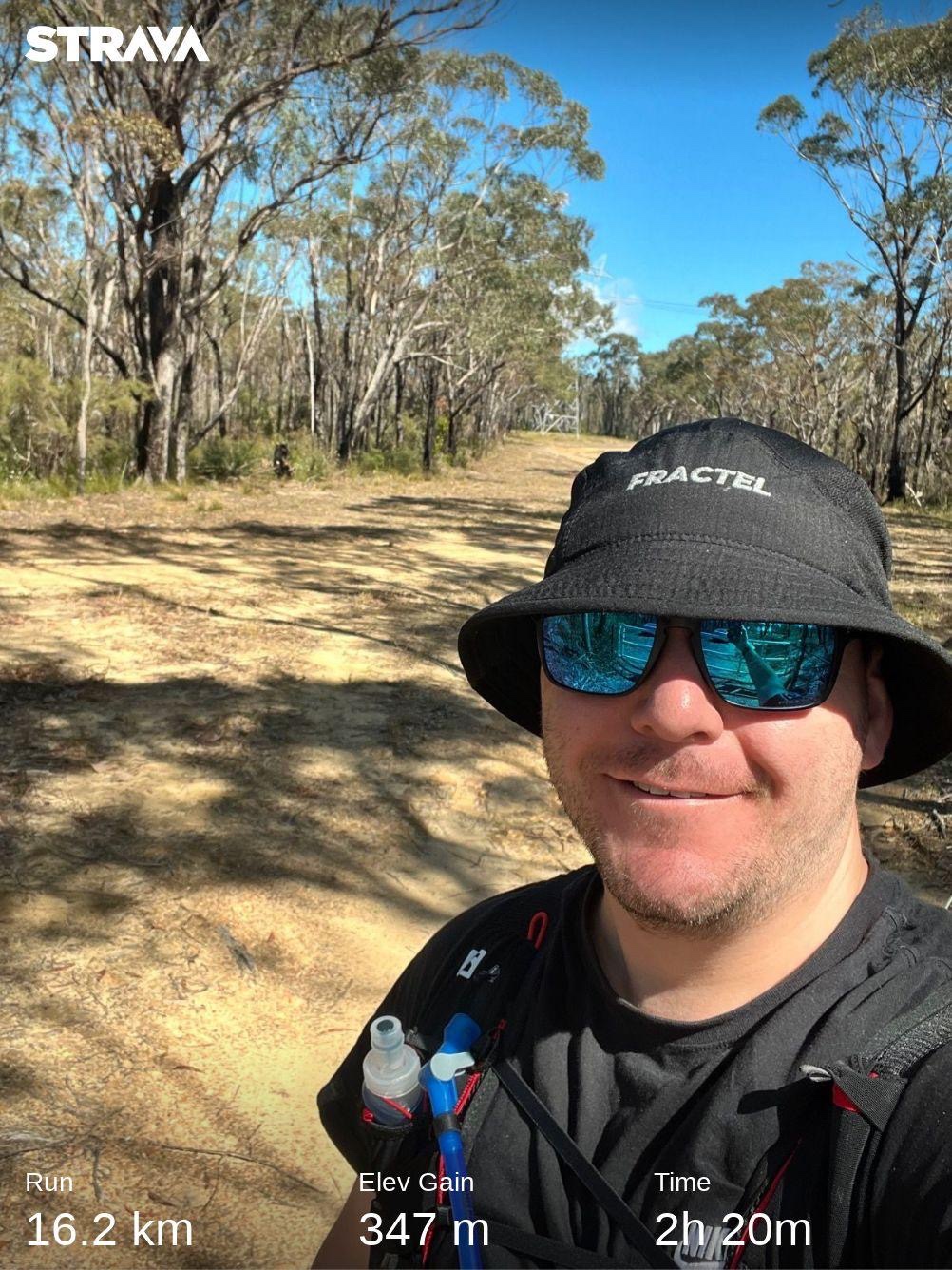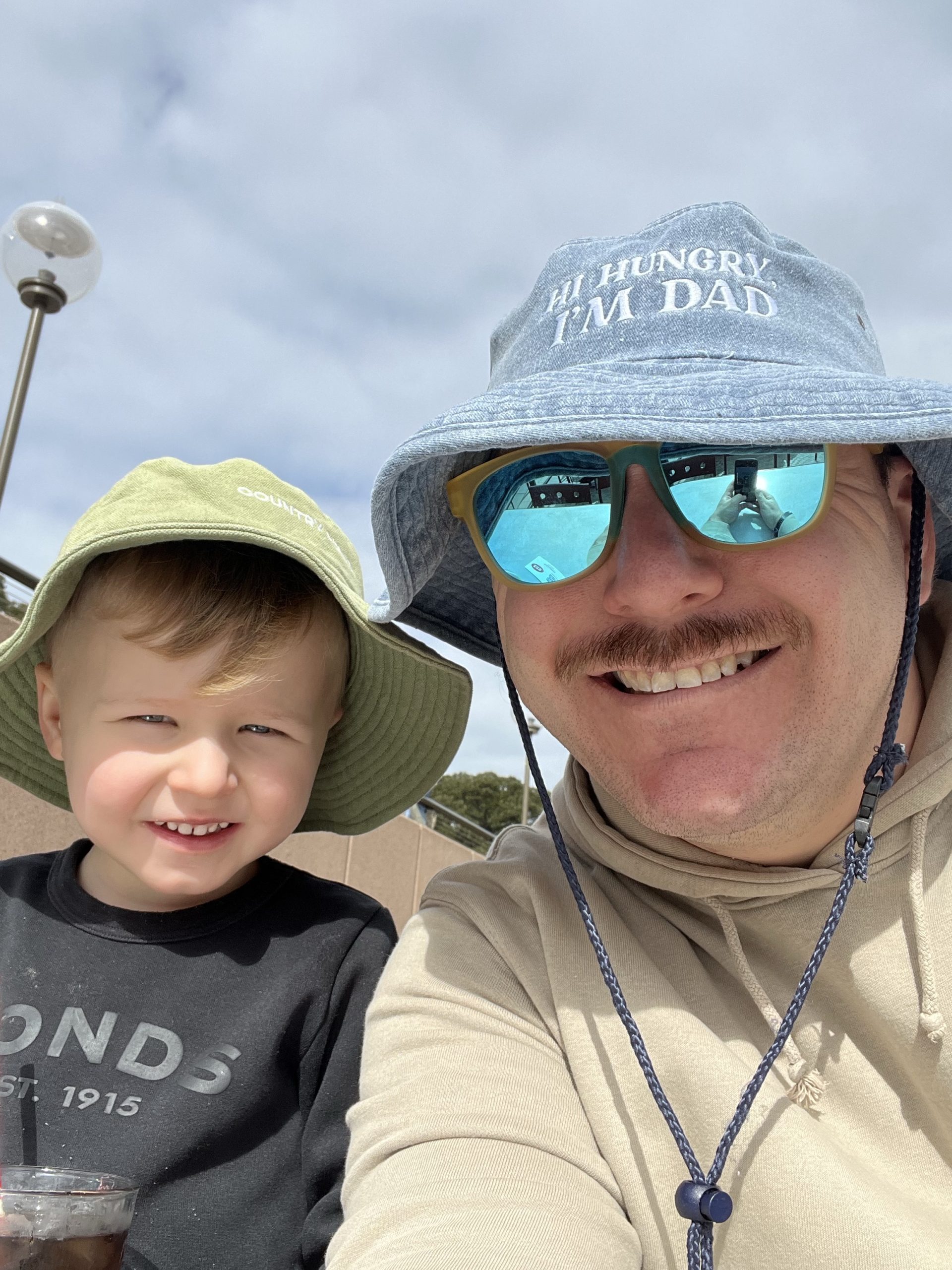I have started planning out my runs to be more consistent and to ensure I am improving each week. Friday’s I plan to run over 10km and on Friday the 16th September I ran a fire trail In Buxton I haven’t been down before. An easy 8km fire trail that opens up to a gorgeous view and return sounded like a great idea.
There was only one problem Friday morning, my headspace was not fit for running. From the very start I couldn’t control my cadence or my breathing and so I was exhausted for the first half. My mind kept wandering, thinking about everything else other than running but I couldn’t figure out why I was struggling. My legs were so tired, I was out of breath so quickly and I was getting so annoyed that I had to walk so often. My heart rate rose so quickly when I started running.
I was thinking about everything I needed to get done that day at home before I start work on Saturday. I was thinking about how I was going to fit in the gym and running during my next block of shifts. I was thinking about what I needed to achieve at work this week. I was thinking about how to support my probationary paramedic this block. Everything but focusing on my technique and the here and now.
I figured I should take advantage of being so tired though and take plenty of breaks and try to hone my photography skills seeing as though I generally run by myself. I was quite happy stopping, setting up my phone and trying a few different techniques to capture a good photo or video. So I was still able to learn something new and build on some skills for this blog. I also made sure I pushed myself up a few of the steep hills just for “fun”.
The turn around point
At the turn around point I had a nice little break. I took in the view and started to appreciate my surroundings. I was proud of myself for not giving up and turning around early. I had still moved my body 8.1km down a rocky track and had no choice but to turn around and go back. I had to get home.
After the break and enjoying the breathtaking views, my mind ended up a bit clearer. I was able to start to reflect on why I struggled for the first half. My cadence was out of whack with no consistency, I didn’t control my breathing, and I didn’t slow down to a pace that suited me. I pushed myself too hard too early because I wasn’t focused on my breath and cadence. I realised my pace was too fast, my muscles were cold and it took me longer to warm up. I didn’t do my usual meditation techniques to settle my breath and slot into my fast shuffle/run. I forgot I had to run 16km and play the long game.
I managed to focus my mind and stop thinking about everything. I slowed down my breathing, which slowed down my thoughts and stopped me from getting frustrated. I managed to slow down my pace but run much long each time. I felt amazing and I could’ve kept going if I had more food and water.
The effect distractions have on my performance
I have always known how important psychology is to performance. It’s why sports psychology is vital to an athletes performance.
I am always easily distracted and it effects my performance in every aspect of life. From running and work, through to cleaning the house or reading books, when I get distracted it takes me a lot longer to do things. I’ll then get overwhelmed and frustrated and spiral until nothing gets done. Thankfully this doesn’t happen at work because l’m able to overcome the distractions and remain patient focused.
How do I overcome the fog?
Clearly I need something to help me with the distractions when running at the moment. This week I ran 11km in Camden and I remembered to take my headphones so I could listen to music. Music generally keeps my mind from wandering. A lot of people will listen to pump music but I need something that keeps me relaxed. A good indie or folk and acoustic mix works for me. Unfortunately I forgot my headphones for the Buxton run.
I felt so different with music this week on my long run. I was able to focus on my breathing and cadence. While my pace wasn’t considerably faster, I was able to maintain a more consistency and run longer before having to walk. I thoroughly enjoyed the run and the effect running longer before having to walk was amazing for my mental space.
I also utilise consistent breathing techniques throughout my run. When I first started running I took a breath in for 3-5 steps and breathed out 5-6 breaths depending on how fast I was running. After a while I stopped focusing on my steps and managed a consistent and controlled breathing technique that worked for me. I noticed that if I could could control my breathing, I could also control my heart rate while at a steady pace on flat ground. I find controlling my breathing is still one of the most important things I can do. Not only is it good for my fitness but I am accidentally mediating at the same time which clears my mind if any distractions.
I went into the run yesterday thinking I may not be able to run in UTA this year due to my back. I finished the run with more confidence knowing I can overcome the fog and distractions. I just need to utilise all the techniques I can to stay focused.
If I can do it I know you can too. Find the techniques that work for you and stick to them. Think about those techniques leading up to the run and have them ready to go when you get distracted and can’t figure out why you’re struggling.




